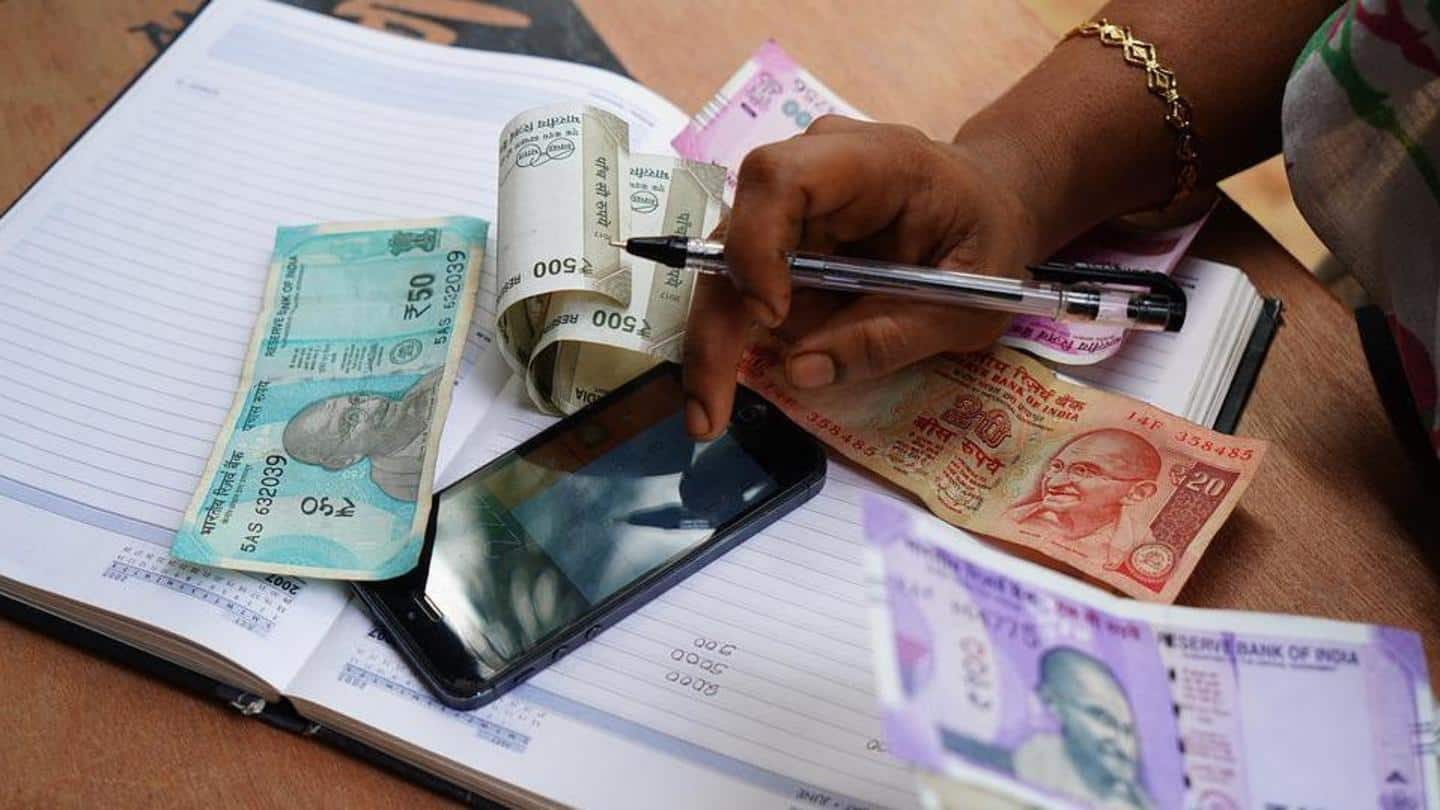How to start saving once you start working
What's the story
If you have just started earning money, you must have the urge to splurge and buy all the things you were deprived of all these years.
However, that is not a wise decision. It is time to learn some adulting and begin saving.
Here's a list of what to do and what not to do to save a chunk of your salary every month.
#1
Plan your monthly expenditures
The first thing to do when you get your salary is to make a thorough chart of income and expenses.
Consider the expenditure first like the rent, bills, conveyance expenses, etc.
Now check how much you have left from your salary, and plan to save that money.
Do not create an elaborate saving plan without keeping enough to spend on your daily needs.
#2
Spend wisely
Create a monthly budget and stick to it.
Abstain from overindulging in purchases.
Always ask yourself the most basic question when you get an urge to buy something, "Do I need this?" Only if your answer is yes, go ahead and swipe that card.
Don't simply waltz in a store and buy everything you think is pretty. Focus on the utility value of stuff.
#3
Create money goals
Create money goals and save up accordingly. Define your long-term goals like buying a car or a home, or short-term goals like purchasing an expensive gadget, paying yearly taxes, or planning a foreign trip.
With a set timeline, you can now plan your savings.
A proper goal will enable you to calculate the amount and time needed to achieve it in the given period.
#4
Invest
Big-ticket investments may not be an option for many at the early stage of their career.
But you can always put aside small amounts for Public Provident Fund, Mutual Funds, etc.
Purchasing Sovereign Gold Bonds from certified banks instead of jewelry can help you earn interest on the invested amount.
Avoid tax-saving schemes alone, as your pick also needs to suit your money goals.
#5
Build an emergency fund
This can be a recurring deposit where you save a certain sum of money every month for a year or more.
It can also be part of your planned expenditure the following year.
You can also store cash at home every month from the amount left over from your monthly expenses.
Keep at least a month's expense in your savings account for emergencies.
